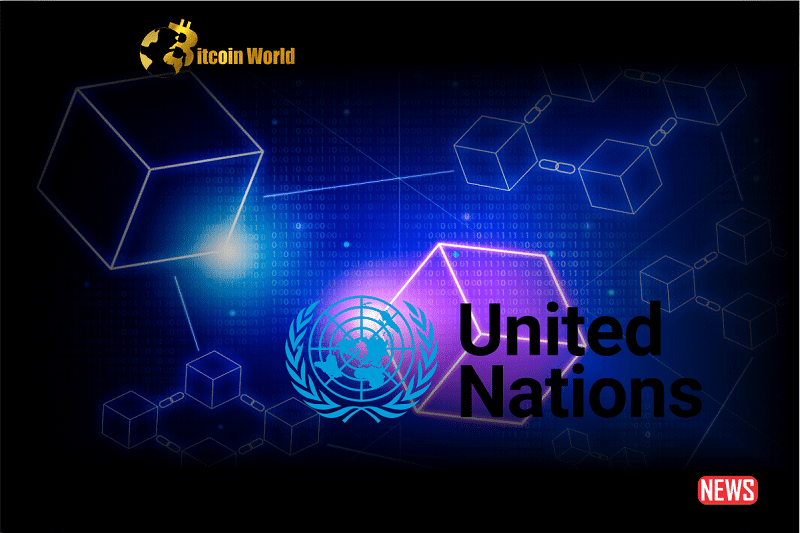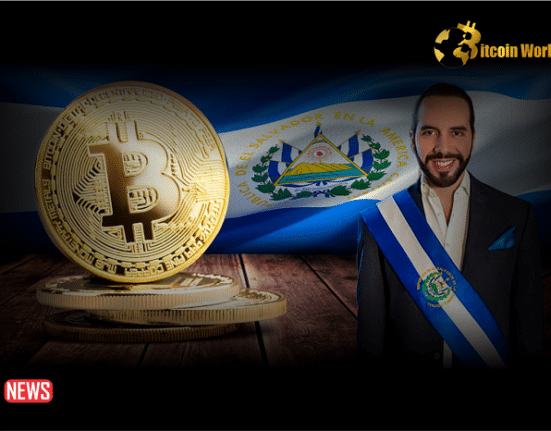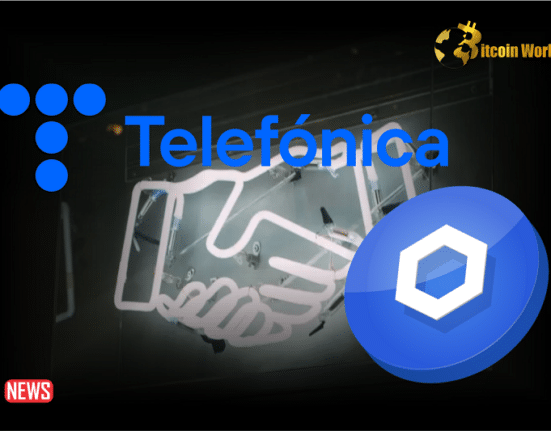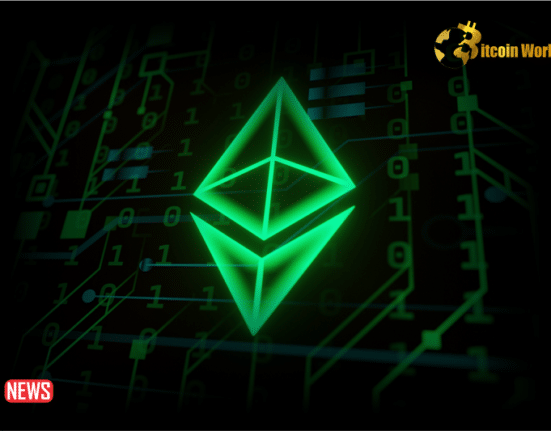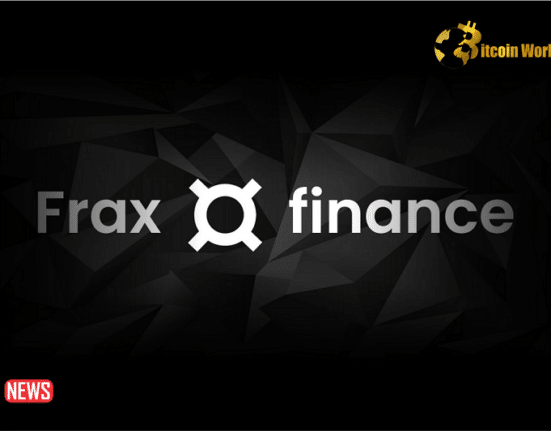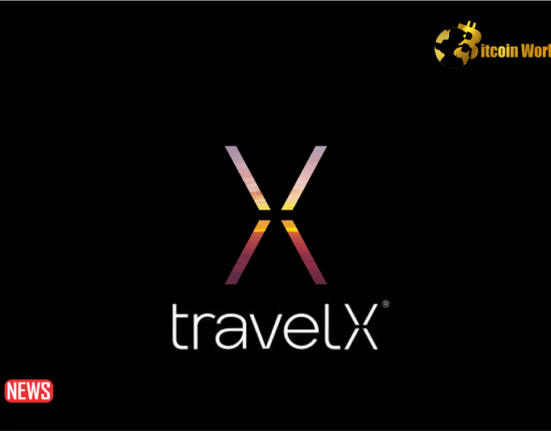The United Nations (UN) has once again turned its attention to blockchain technology, joining forces with the Internet Governance Forum (IGF) and the Government Blockchain Association (GBA) to establish a blockchain standards group. This move demonstrates the growing interest of international governance organizations in the potential of blockchain.
On June 1, 2023, the IGF Secretariat approved the formation of the Dynamic Coalition on Blockchain Assurance and Standardization, as confirmed by Gerard Daché, the executive director of GBA. Leading the coalition will be Daché and Dino Cataldo Dell’Accio, the chief information officer for the UN’s Joint Staff Pension Fund.
The primary objective of the coalition is to conduct in-depth research into the blockchain space and its diverse solutions. By gathering input and proposing recommendations to the UN, the coalition aims to establish best practices and guidelines applicable to various industries already utilizing or considering the adoption of blockchain technology.
In an interview with Blockworks, Daché revealed that the GBA’s approximately 50 working groups will contribute to publishing these best practices, covering topics such as mining, cryptocurrency, and decentralized autonomous organizations (DAOs). However, as each group operates on its own schedule, the specific timeline for the release of these guidelines remains uncertain.
The coalition’s focus extends to several key industries, including artificial intelligence, communication infrastructure, digital identity, economic development, environmental stewardship, and supply chain management, as stated in an official announcement by the IGF.
Moreover, the GBA will develop blockchain guidelines specifically tailored to areas within the public sector, such as voting, healthcare, and education. To ensure progress, regular weekly and monthly meetings will be conducted for each sector the coalition aims to standardize.
Daché emphasized that the motivation behind establishing the coalition stemmed from governments and companies worldwide expressing interest in implementing their own blockchain solutions. However, the lack of knowledge in differentiating legitimate projects from fraudulent ones hindered their progress. The coalition’s efforts are aimed at addressing this issue and providing clarity.
It is noteworthy that the UN’s involvement in shaping blockchain technology development comes shortly after the European Union (EU) announced its Web4 initiative, bypassing Web3 altogether.
As blockchain technology continues to evolve, the collaboration between the UN, IGF, and GBA will play a crucial role in defining industry standards and promoting responsible blockchain adoption across various sectors.

